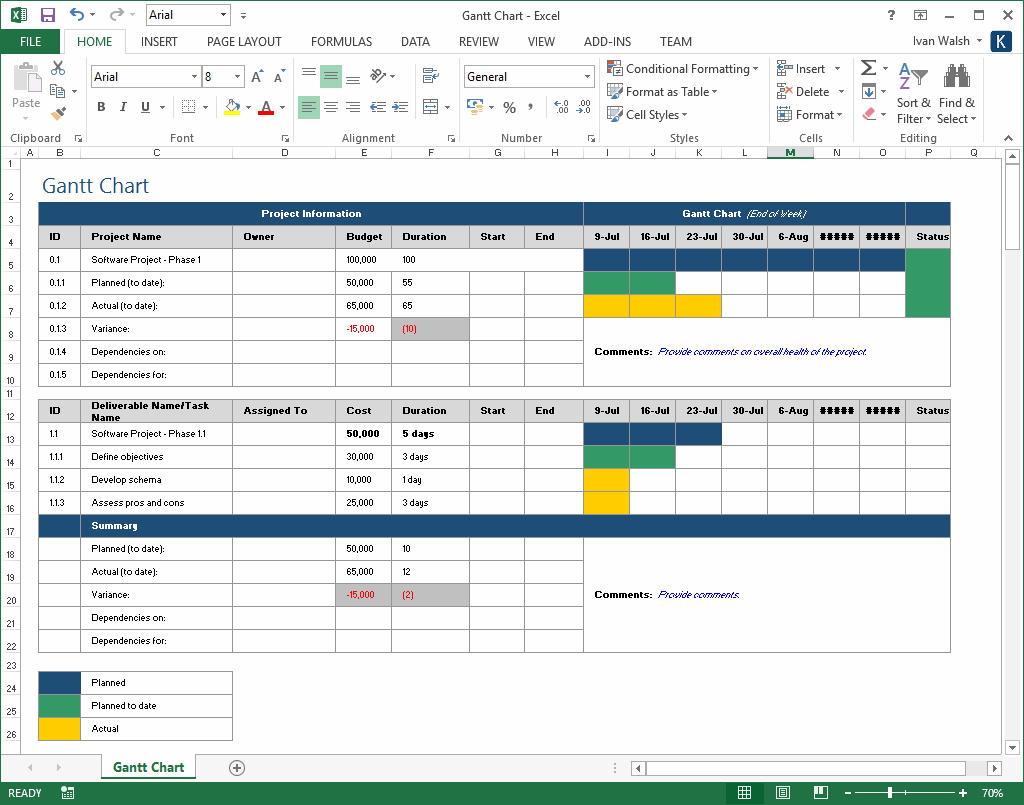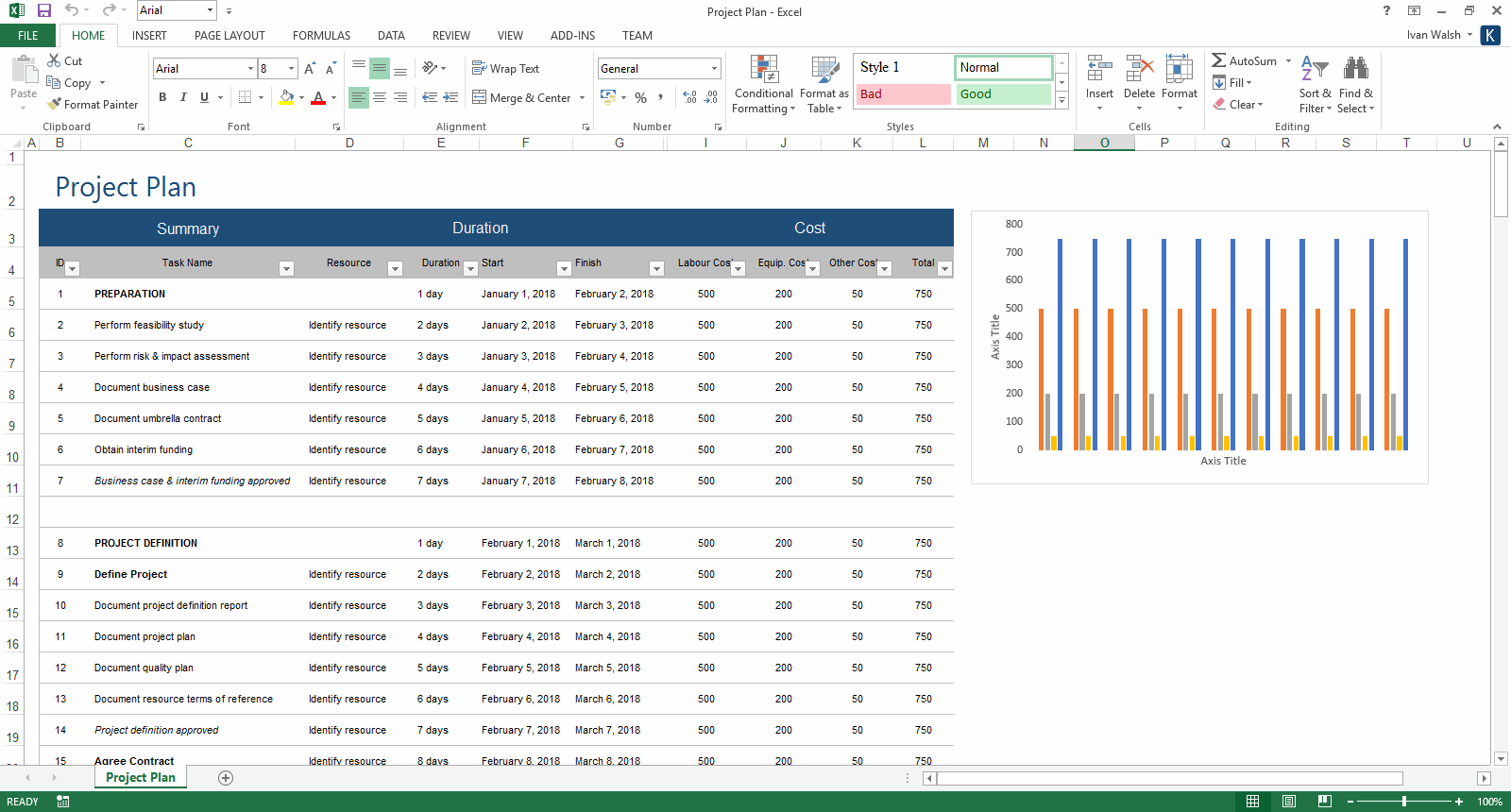Project Management
3 Project Management Tips from… Hamlet
Can you see Hamlet as a project manager? Try… Keep trying… Ok, let’s ignore that he was a prince, Danish, and saw ghosts, at least for a moment. In the play much is made of Hamlet’s indecision, wavering, procrastination, and dithering.
DOWNLOAD 10 Project Plan Excel Templates

DOWNLOAD 10 Project Plan Excel Templates
What Hamlet knew about Project Management
- Direction – until he makes a final, definitive decision his team cannot move forward. Or if they do, it’s with one eye on their manager. This reduces their performance as they cannot, and probably should not, proceed until he is committed.
- Communications – it’s hard to take what he says at face value. Those around him suspect that he is liable to change his mind and so ‘interpret’ what he says, looking for clues. This type of guesswork undermines projects if the staff suspects that the project may change it scope, resources, or timelines. Everyone starts preparing contingencies instead of making progress.
- Demoralizing – Hamlet is a negative type. It contaminates those around him. This leads to stagnation and resentment among the troops. A leader, committed to a cause, tends to exude confidence and drive others on by example.
- Contingencies – Because they suspect he is likely to change, they make plans to counter each outcome. What if he increases the project scope? What if he changes the deadline? What if the budget changes? What if…
The point is: it’s very stressful (and not very productive) to work on several projects at the same time.
The stop, start, stop, start approach wears you out.
This tends to happen if team leads are unable to demonstrate commitment or, worse still, if the management tell employees we’re all in this together – and no-one takes responsibility.
So, while there may be many things to admire in Hamlet the play, Hamlet as a project manager may not be what we’re after. What you think? Would you hire him?
DOWNLOAD 10 Project Plan Excel Templates

DOWNLOAD 10 Project Plan Excel Templates
